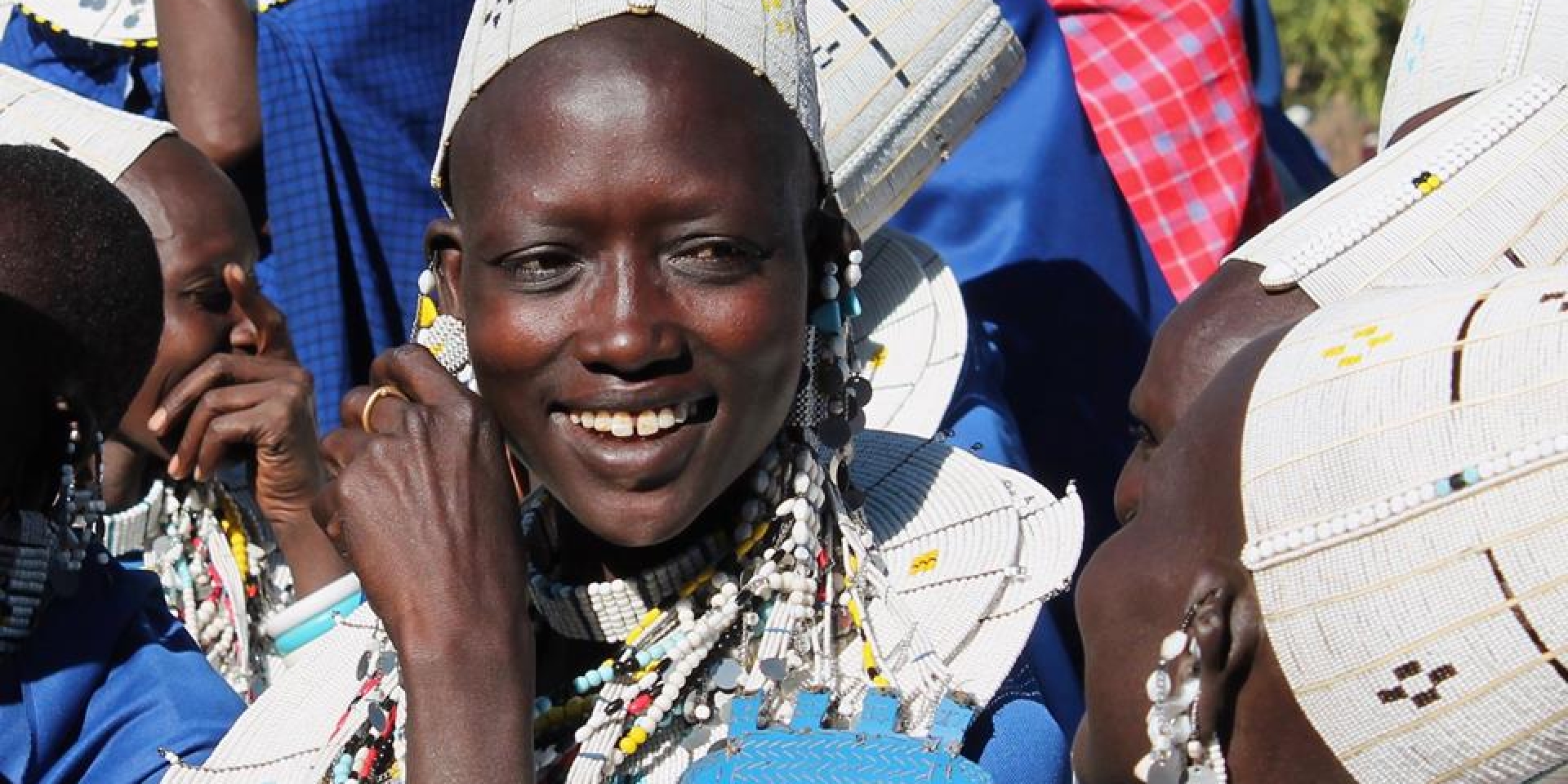
Photo: Massai Women in Monduli District, Tanzania
The project aims to empower the women and girls of the Maasai communities and positively change attitudes towards the empowerment of women and girls through capacity building and awareness raising in the Monduli district in the Arusha region of Tanzania.
Directly involved are 860 people (480 women and 380 men) from the Maasai community. When selecting the participants, attention is paid to inclusion in order to include both female and male leaders, young people, elderly people (60+), illiterate people and people with disabilities or HIV/AIDS. Indirectly involved are 5,000 people (3,000 women and 2,000 men).
In Maasai and other pastoralist communities in Tanzania and East Africa, women and girls face significant challenges due to strong patriarchal systems and social exclusion. They experience gender-based violence, such as female genital mutilation, forced marriages, and domestic abuse, and are often left out of important decisions and denied access to education. Additionally, climate change, droughts, food shortages, and displacement threaten their way of life. Gender inequality and cultural views that undervalue women’s abilities further limit their economic and decision-making opportunities. This project works to change harmful norms, a key step toward achieving sustainable development in the region.
PWC empowers indigenous pastoralist women and girls from the Maasai, Sonjo, Akie, Barabaig, Tatoga and Hadzabe communities. The programmes are designed to have long lasting and sustainable impact and to reflect our commitments to equity, diversity and inclusivity.